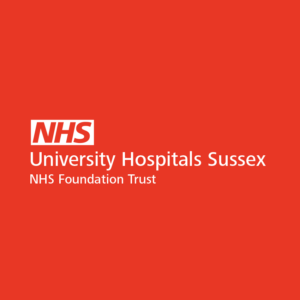General Surgery Improvement Programme

University Hospital Sussex partnered with Practicus and The Transformation Clinic to improve the leadership, culture and ways of working and delivery of emergency care within its General Surgery Department
Challenge
Following a CQC inspection and critical reviews by external bodies such as Edgecumbe, Professor Dawson and NHSE, it was deemed necessary to undertake an improvement programme to deliver change within the General Surgery department. Gaps in performance were a result of a mismatch between demand for the service and the availability of workforce and physical capacity. The requirement entailed new models of care that would facilitate the repatriation of Upper GI Cancer Surgery, restore trainees, improve the departmental reputation and create a new fit-for-purpose operating model.
What we did
Through an experienced team that had unique insight into the operational nuances of the department, they have created:
- A detailed work plan for the targeted workstreams including a flexible plan modelled for service demand and capacity based upon actual demand levels
- Engagement practices that increase engagement of clinicians and staff to overcome internal workforce barriers and provide a more cohesive and flexible service of care for patients
- A new Target Operating Model that addresses the CQC and external reviewers’ concerns, establish an environment for the return of trainees, is aligned to service demand, enables safe General Surgery, and is affordable
- A new Learning Agreement recommendation to formalize the process of goal setting and review meetings, underpinning training for Junior Doctors
Outcome
The project has seen significant improvements made against the programme’s delivery goals since September 2022. Within a short timeframe, UHS has benefitted from:
- Within a 7-month period, an agreement in principle from CQC for the return of Upper GI Cancer resectional work including development of governance and cancer multidisciplinary structures
- The successful transformation of clinical governance for surgical performance through the delivery of effective mortality and morbidity meetings, best practice compliance and feeding into national audits
- Health Education England and Deanery approval for the return of surgical registrar training and Foundation Year 1 doctors to night work
- Coaching and mentorship to the surgical management team including HR advice
- A fully costed Target Operating Model with four options ranging from status quo to complete elective recovery
Achievements
Imperative to the success of the programme was to achieve success in delivering against the following workstreams:
- Clinical Quality Governance
- Operational and clinical management
- Service and Workforce model
- Leadership and Culture
- Programme Management